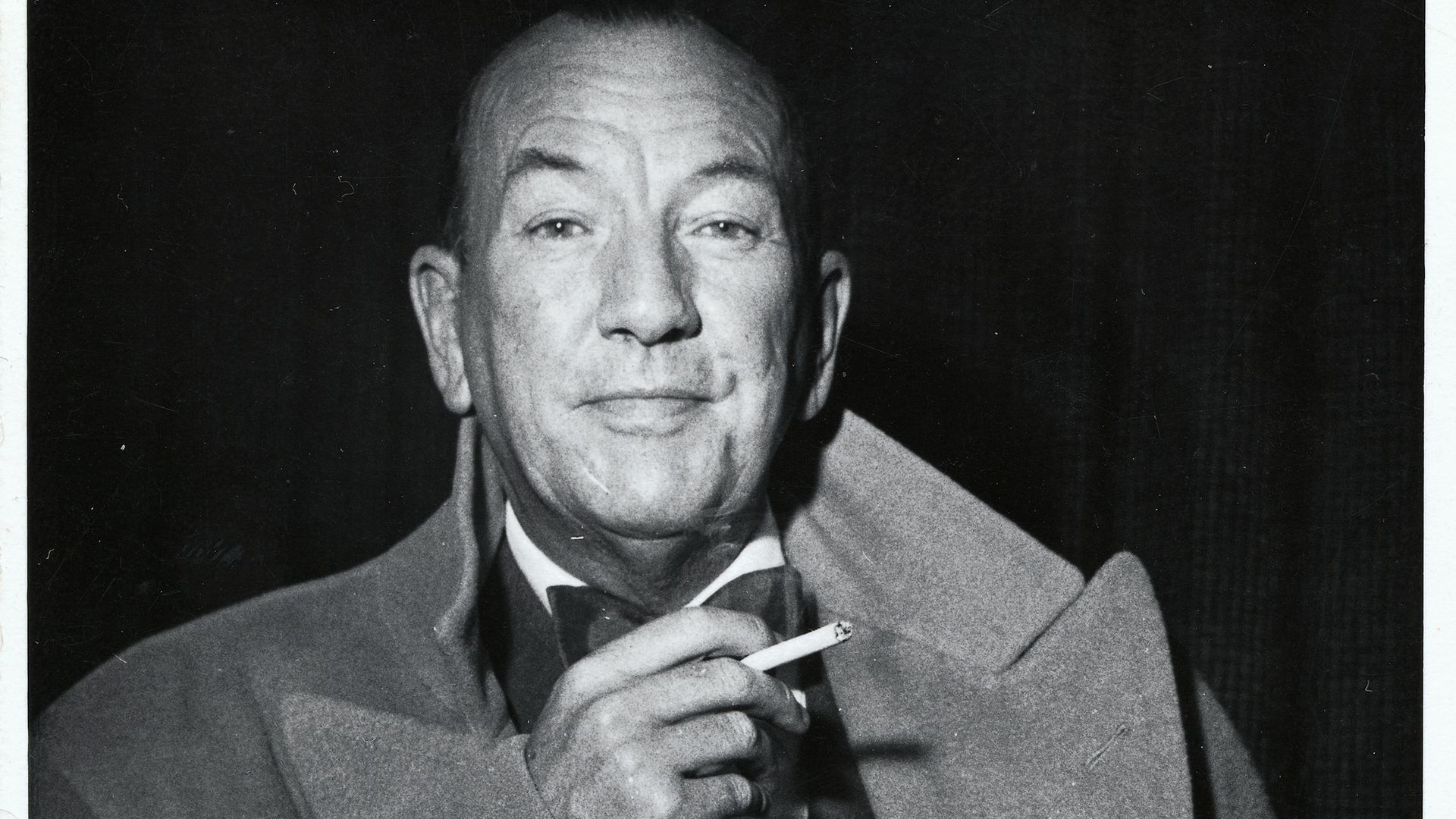
PETER TRUDGILL on some seldom used festive terms.
When I was at school, some children thought it was very funny, around Christmastime. to ask the trick question: “How many letters are there in the alphabet?” The correct answer, they said, was not twenty-six but “twenty-five, because the angel said Noël!”.
Noël barely qualifies as an English word. For most of us, it is not a term which ever passes our lips – except if we are singing the Christmas carol The First Noel. But it is the normal French word for ‘Christmas’, and if we do utter it in English we preserve the French pronunciation pattern, with the stress on the second syllable. The word came originally from Latin natal, abbreviated from dies natalis, ‘day of-birth’: the modern Catalan Latin-origin word is still the little-changed nadal.
Over the centuries, as Latin natal came down via Old French into Mediaeval French, it slowly morphed into naël and then, during the 1100s, with a change of the first vowel-sound, into noël. People writing in Anglo-Norman – the form of Norman French which developed on our side of the English Channel, after the conquest of 1066 – spelt it variously as nowel, nowelle, nouel, and nouelle.
The word never came into general use in English, although it did make a few written appearances in the 15th century with the meaning of ‘Christmas’. Nowell was for the most part just an exclamation which was shouted or sung at Christmas to express joy at the birth of Christ. A typical example can be found in “The Franklin’s Tale” in Geoffrey Chaucer’s Canterbury Tales, written during the 1390s, where we find: “And Nowel crieth every lusty man!”. This is how the we still hear the word today: “Noël! Noël! Born is the king of Israel!”
From the 12th century onwards, Noel also started being used as a male personal name, originally given to boys who were born or christened on or around Christmas Day – Noel Coward was born on December 16. The name, however, is pronounced with the stress on the o and not on the e, as in the original usage. (The female first-name Noelle does not seem to have made an appearance until the 20th century.)
From the 13th century onwards, the usage of Noel or Nowell as a personal name also led to the development of Nowell and Newell as surnames. The brilliant Majorcan tennis player Rafael Nadal has the Catalan equivalent of Nowell as his family name.
Another word for Christmas which has the same sort of precarious foothold in the English language is yule. Even though most English-speaking people actually say the word very rarely or never, we do see it often enough in the form of yuletide on Christmas cards, and perhaps also in references to yule-logs and other Christmas paraphernalia.
Yule comes from the Old English word geol, which was derived from the ancient Germanic name for a heathen mid-winter festival, which was gradually turned into a Christian festival as the Anglo-Saxons were converted during the 600s AD. Many theologians suggest that there is no particular reason to suppose that Jesus was actually born near the end of December, and that the custom of celebrating Christmas at that time most likely stems from the Christianisation of this already-existing Germanic festival.
In recent centuries, the active use of the word yule has been associated more with northern than southern Britain, perhaps because of the lasting influence of Old Norse, where the word signified a 12-day midwinter feast.
The Scandinavians were not converted to Christianity until some centuries after the Anglo-Saxons, and jul is still the usual word for ‘Christmas’ in Danish, Swedish and Norwegian, with jól being the corresponding term in Icelandic and Faroese. The Finns, who were converted even later than the Scandinavians, borrowed the Norse word along with the festival, and call it joulu.
Joulupukki
Joulupukki is a traditional Finnish yuletide figure. Pukki means ‘goat’, so joulupukki is “yule goat”, originally a grey goat-like being, now more like Father Christmas. A Swedish julbock is a straw goat placed next to a Christmas tree; and Norwegian julebukk is used of children in disguise going round singing carols and soliciting Christmas goodies.










